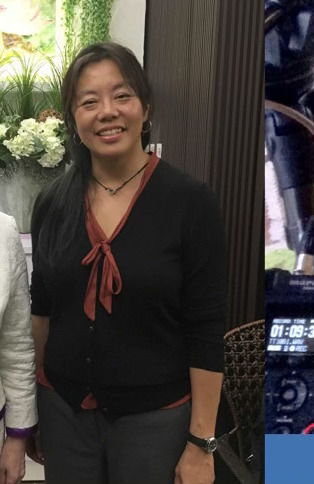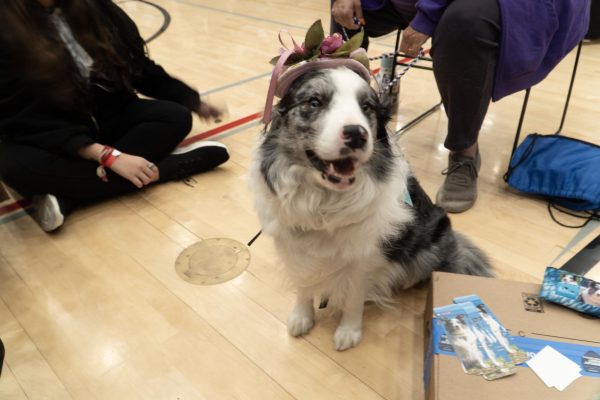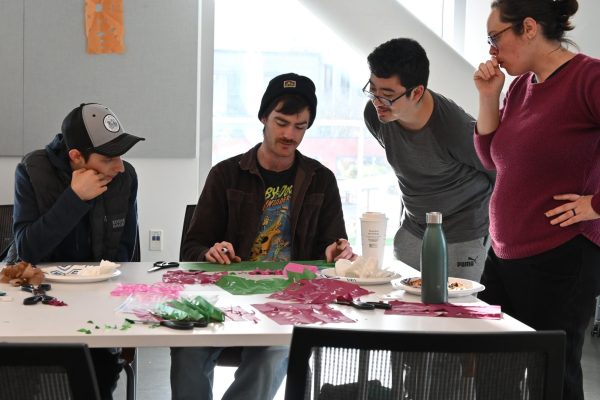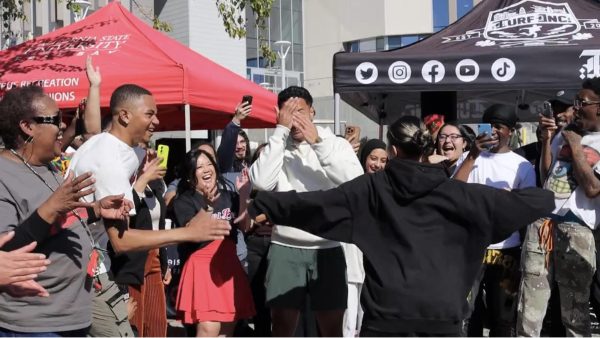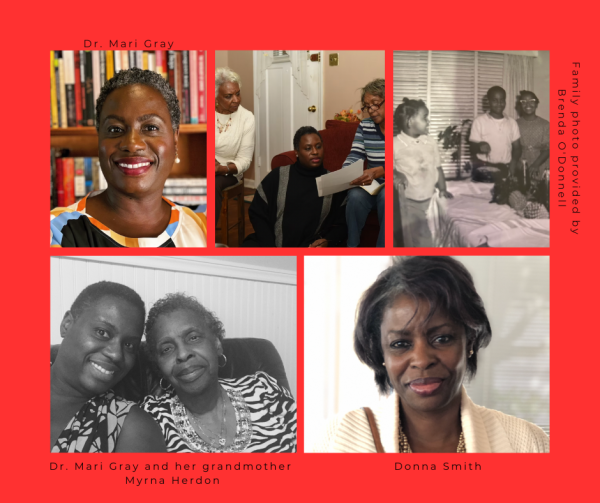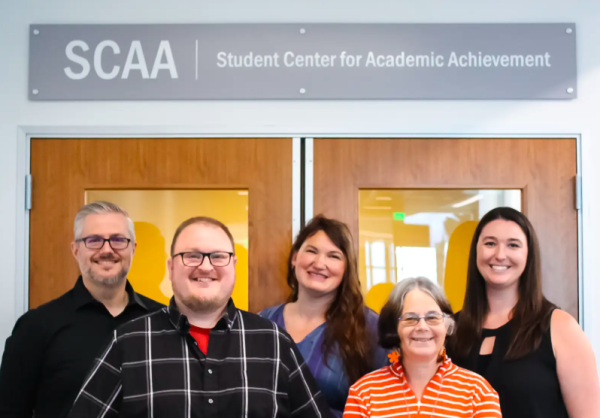When It Comes to Identification, It’s Critical to Improve and Deepen Learning
Faculty Profile: Anita Chang for Asian American and Pacific Islander Heritage Month
Each May, Asian American and Pacific Islander Heritage month is honored, highlighting their historical and cultural contributions.
Dr. Anita Chang, a professor in the Department of Communication at California State University, East Bay, is one of the many faculty members of proud Asian American descent.
Chang was born to parents who immigrated to the U.S. from Taiwan during the martial law era in the 1960s, fleeing the Republic of China’s imposed martial law. She grew up in Akron, Ohio, and Massachusetts speaking Taiwanese and learned English when she was six years old.
“It has made me sensitive to and more aware of students’ language fluency, as English was not my first language. Language diversity is also an expression of students’ heritage, experiences, and different world views,” Chang said.
As East Bay prides itself on diversity, it is critical to improve and deepen learning through honoring their education, teaching, and cultural backgrounds.
“Therefore, allowing for multiple modes of expression is important to understanding how and whether students are learning. Having as many opportunities for students to reach out to me as a teacher is also important. Like myself, when I was growing up, and somewhat today, I am a shy person, so I try to create a safe space for students of all levels of sociability to connect with each other and myself,” Chang explained.
Chang is a multimedia artist specializing in cinema, digital video, and photography. Like many undergraduate students, she was unsure of what she wanted to focus her degree on and took the opportunity in college to explore many disciplines.
“There were no ethnic studies at that time, so I created my own kind of course of study, which was looking at the images of Asians in U.S. historical media. I looked at archives to examine the ways they followed U.S. policy against Asians, and I ended up teaching a class too that was part of my thesis, and it was Asian American film and history,” Chang noted.
She was looking for a degree that encompassed multiple aspects of her interests, including Psychology and Political Science. “[Having to choose one discipline] felt so limiting to me, and then I found American Studies, and at that time, it was one of the very few fields of American Studies, and even then, it wasn’t seen as academically rigorous because it was interdisciplinary, it included multiple disciplines. That’s exactly what I wanted. I already felt like at a young age you couldn’t understand the world’s problem being so specialized,” Chang said.
She obtained her BA in American Studies and English from Tufts University, an MFA in Cinema from San Francisco State University, and later her doctorate in Film and Digital Media from the University of California, Santa Cruz.
Throughout her career, she has worked as a community organizer, an urban youth counselor, a Civil Rights Investigator, and an Education Director for the non-profit media literacy organization Teaching Intermedia Literacy Tools in San Francisco.
During her undergraduate years, Chang became involved in civil rights and wrote articles with her peers for the university’s newspaper, The Tufts Daily. “[I] enjoyed writing with others, and we would comment on issues of anti-Asian racism on campus and also in the Boston community, and it was really a big deal back then in the 80s because of the anti-Japanese sentiment, anyone who looked Asian was fodder for violence, it’s kind of like today with COVID,” she discussed.
Throughout her academic career, Chang’s dissertation inspired her to write her first book, “I was inspired by the work I was already doing in Taiwan with my students who are mostly Indigenous and who were concerned about their mother tongue as they were standing at the precipice looking out into the future going, ‘we can’t speak our mother tongue which means when we have our children they’re not going to be able to learn it, and it’s going to end with our generation.’” Her students felt strongly about this concern, and they brought up the idea of collaborating on a movie.
In her book, Third Digital Documentary: A Theory and Practice of Transmedia Arts Activism, Critical Design and Ethics (Oxford: Peter Lang 2020), the entire collaboration process segued her into conceptually thinking about her book, “which is a form of practice bringing together all the media the resources that you have as a group to make something that creates a kind of this open and liberatory space for social justice documentary projects,” she said.
Chang has produced many films and related work, but some of the ones that are rooted in Taiwan-themed subjects and inspired by Chang’s background and upbringing include 62 Years and 6,500 Miles Between (2005), Joyful Life (2007), and Tongues of Heaven (2013).
To learn more about Chang and her work, visit her website at https://anitachangworks.com/films/.


